Entry Category: Law
LEARNS Act
aka: Act 237 of 2023
Lebow (Lynching of)
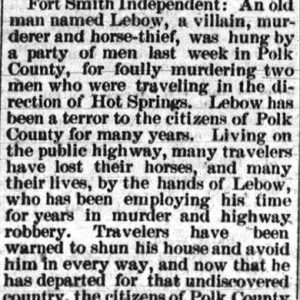 Lebow Lynching Article
Lebow Lynching Article
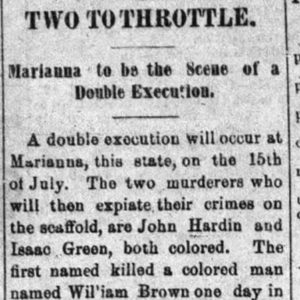 Lee County Executions of 1881
Lee County Executions of 1881
Lee County Executions of 1881
Lee, Daniel Lewis (Execution of)
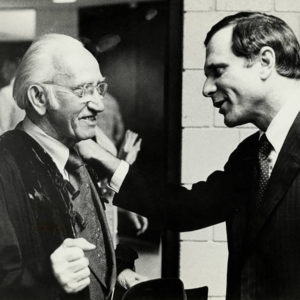 Leflar and Pryor
Leflar and Pryor
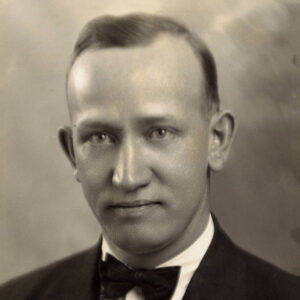 Robert A. Leflar
Robert A. Leflar
Leflar, Robert Allen
LeSane, Henry (Execution of)
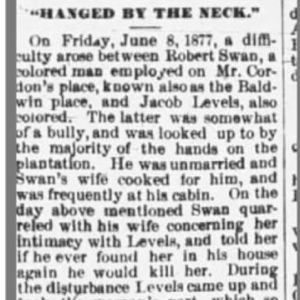 Levels Execution Story
Levels Execution Story
Levels, Jacob (Execution of)
Levine, Sam M.
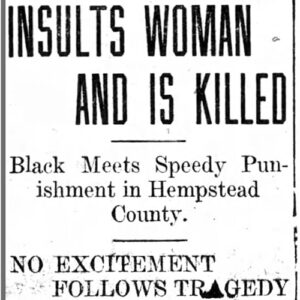 Charles Lewis Lynching Article
Charles Lewis Lynching Article
Lewis, David S. (Execution of)
Lewis, Sanford (Lynching of)
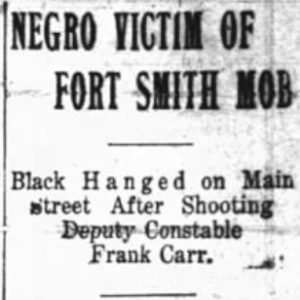 Lewis Lynching Article
Lewis Lynching Article
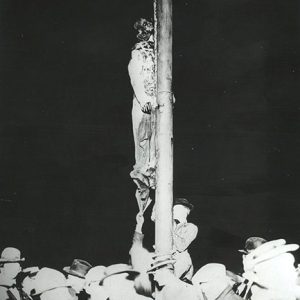 Sanford Lewis Lynching
Sanford Lewis Lynching
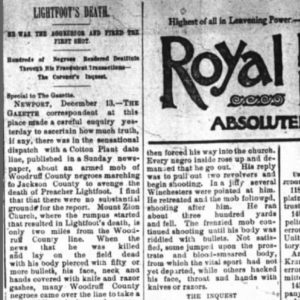 Lightfoot Lynching Article
Lightfoot Lynching Article
Lightfoot, G. P. F. (Lynching of)
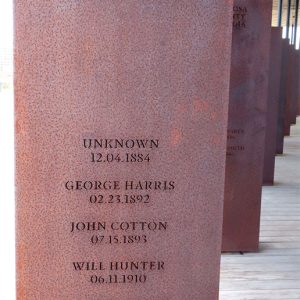 Lincoln County Lynching
Lincoln County Lynching
 Blanche Lincoln
Blanche Lincoln
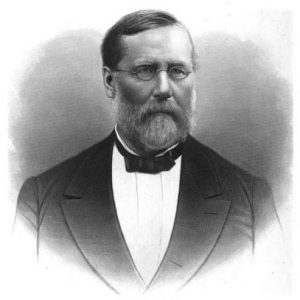 Timothy Lincoln
Timothy Lincoln
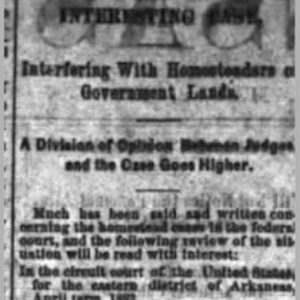 Lindsay Lawsuit Article
Lindsay Lawsuit Article
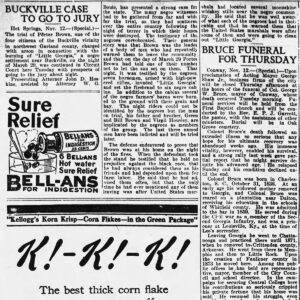 Little Georgia Incidents Article
Little Georgia Incidents Article
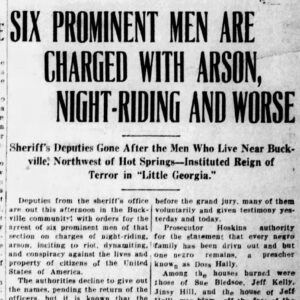 Little Georgia Incidents Article
Little Georgia Incidents Article
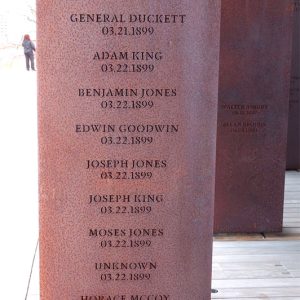 Little River County Lynching
Little River County Lynching
Little River County Lynching of 1878
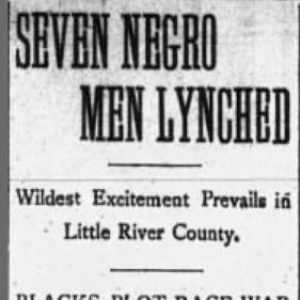 Little River County Lynchings
Little River County Lynchings
Little Rock Executions of 1885
Little Rock Executions of 1892
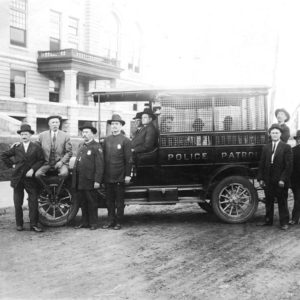 Little Rock Police
Little Rock Police
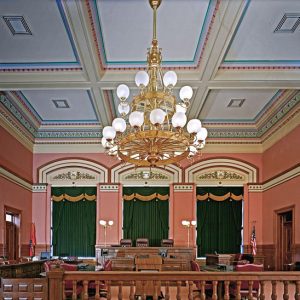 Little Rock Post Office
Little Rock Post Office
Little Rock School Desegregation Cases (1982–2014)
aka: Little Rock School District, et al v. Pulaski County Special School District et al.
Livingston, Abe (Lynching of)
Livingston, Frank (Lynching of)
Lockhart v. McCree
Lockhart, Art
 Art Lockhart
Art Lockhart
 Art Lockhart
Art Lockhart
 Art Lockhart
Art Lockhart
Logan County Lynching of 1874
aka: Sarber County Lynching of 1874
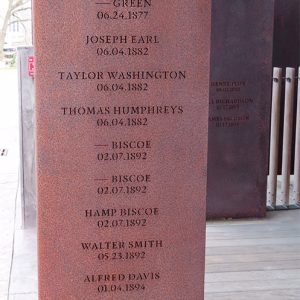 Lonoke County Lynching
Lonoke County Lynching
Lonoke County Lynching of 1910
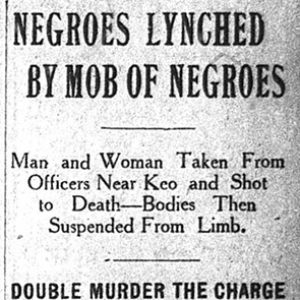 Lonoke Lynching Article
Lonoke Lynching Article
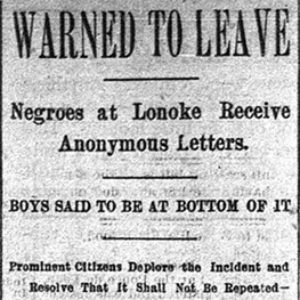 Lonoke Race Troubles Article
Lonoke Race Troubles Article
Lonoke County Race War of 1897–1898
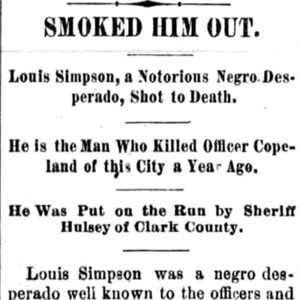 Louis Simpson Lynching Story
Louis Simpson Lynching Story




